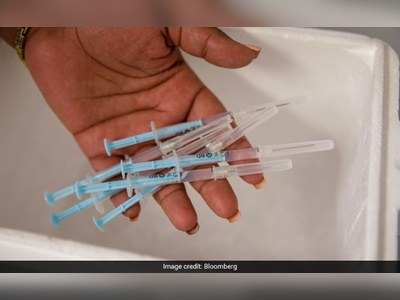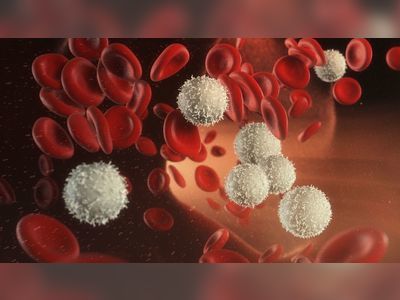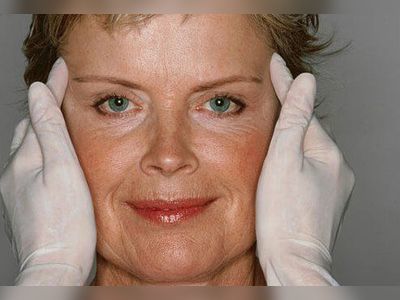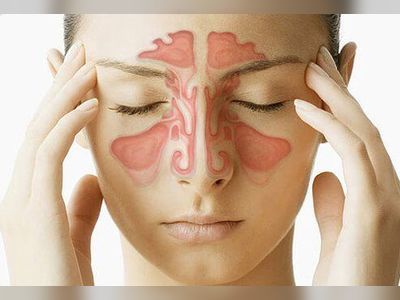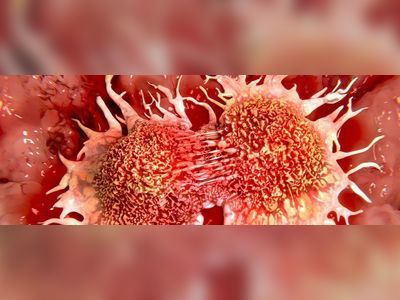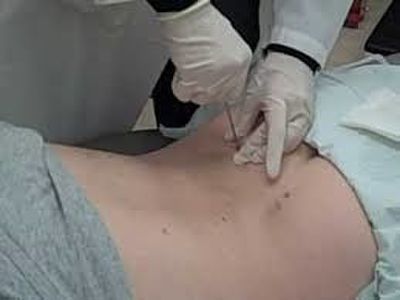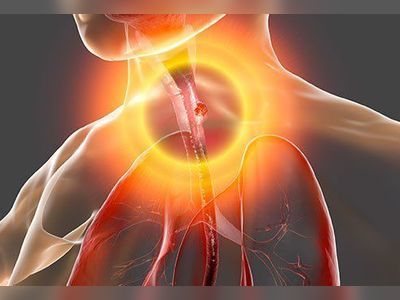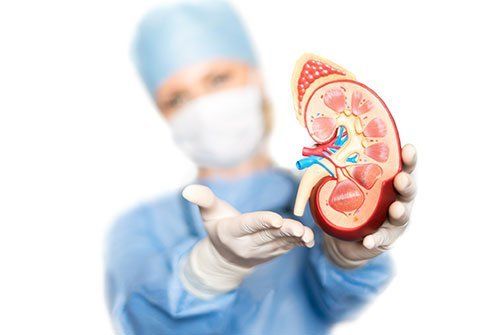
Can a Person Recover From Kidney Failure? Treatment
While there is no cure for kidney failure, with treatment it’s possible to live a long life. Recovery from kidney failure varies, depending on whether the condition is chronic or acute:
Acute kidney failure (AKF) usually responds well to treatment, and kidney function often returns to almost normal.
Chronic kidney failure (CKF) usually does not improve, but can be managed with treatments such as dialysis or a kidney transplant.
Understanding the types of kidney failure
Acute kidney failure (AKF)
Kidneys lose their function suddenly, typically within a few hours or days, but the condition is often temporary.
Most common causes include: hypovolemic shock due to blood loss, severe vomiting and dehydration, blockage of the urinary tract, poisoning, sepsis, kidney infections, heart or liver failure, etc.
Chronic kidney failure (CKF)
Damage to the kidneys occurs over years and kidney function worsens, eventually leading to permanent kidney failure.
Most common causes include: diabetes, hypertension, autoimmune diseases (such as lupus), glomerulonephritis, nonsteroidal anti-inflammatory drug-induced kidney failure, recurrent kidney stones, polycystic kidney disease, nephrotic syndrome, etc.
How is kidney failure diagnosed?
In addition to physical examination and medical history, tests that are used to diagnose kidney failure include:
Blood tests to determine estimated glomerular filtration rate (eGFR), blood cell counts, creatinine, and electrolyte levels
Urine test for albumin, glucose, and red or white blood cells
Blood pressure check
Electrocardiogram
Chest X-ray
Imaging tests such as a renal ultrasound, body computed tomography (CT), magnetic resonance (MR) or CT urography, and body magnetic resonance imaging (MRI)
Renal scintigraphy
Kidney biopsy
How is kidney failure treated?
Treatment options vary and depend on the cause and extent of the disease.
Acute renal failure: Cause of the disease is treated to normalize kidney function. Dialysis may be needed for a short time.
Chronic renal failure: Treating chronic medical conditions can slow the progression of kidney failure. However, once the kidneys fail completely, treatment options are limited to dialysis or a kidney transplant.
Options for treatment include treating the cause of renal failure and replacing renal function:
Dialysis: Blood is pumped through a machine that filters out waste and excess fluid and then returns the blood to the body. Dialysis does not cure kidney failure, but it may help improve a patient’s quality of life. There are two types of dialysis:
Hemodialysis: A catheter (tube) is inserted into one of the veins in the neck, arm, or leg. Hemodialysis is most often performed at a hospital or dialysis clinic 3 times a week for 3-4 hours at a time.
Peritoneal dialysis: Uses the lining of the abdomen to filter the blood using a dialysis solution and catheter. This treatment can be done at home.
Kidney transplant: A kidney transplant is the most complete and effective way to replace kidney function but may not be suitable for all patients. In kidney transplant surgery, doctors use a healthy kidney from a living donor or deceased donor to replace the damaged kidney in the patient’s body. Patients can live well with one healthy kidney.
Interventional radiological procedures such as ureteral stenting and nephrostomy: Doctors perform these procedures if they identify a block as the cause for renal failure. These procedures involve inserting either a small stent into the ureter(s) or connecting a tube to an external drainage bag. Both procedures unblock the ureters and allow urine to flow from the kidneys.
Surgical treatment: Other procedures to treat renal failure include kidney stone removal.




